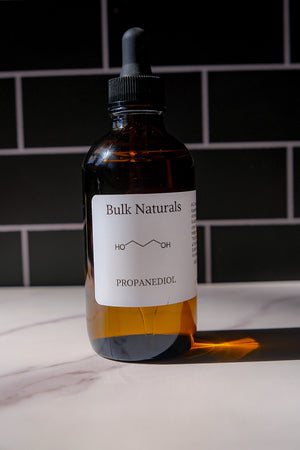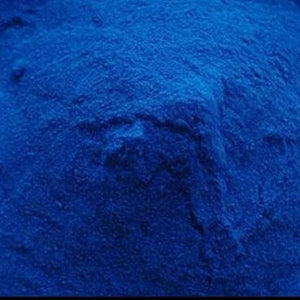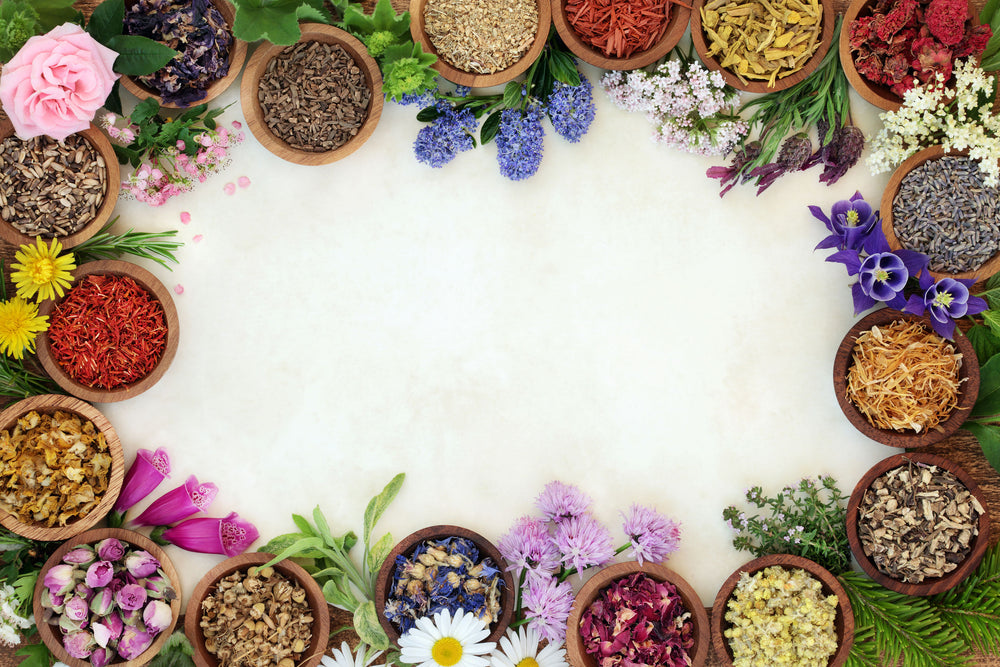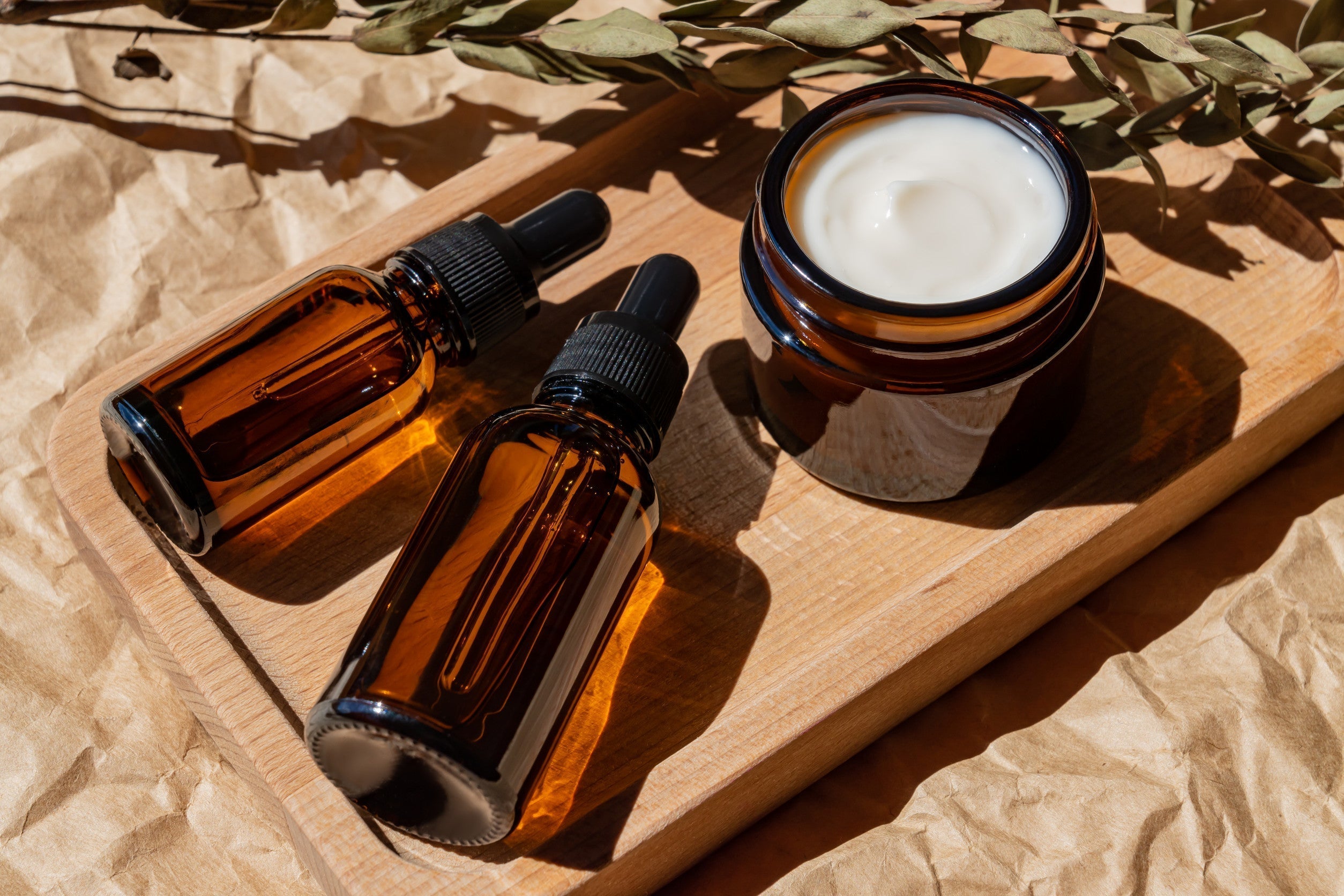When choosing plant-based oils and butters for skincare formulations, one of the most important distinctions is between virgin and refined versions. Each offers distinct advantages depending on your goals—whether you're prioritizing nutrient density, shelf life, scent neutrality, or skin sensitivity.
In this article, we’ll explore the differences between virgin and refined oils and butters, including how they’re made, their skincare benefits, and the best applications for each.
What Are Virgin Oils and Butters?
Virgin oils and butters are extracted from plants—typically seeds, nuts, or fruit—using mechanical methods such as cold pressing. These methods avoid high heat and chemical solvents, preserving the natural nutrients, color, aroma, and bioactive compounds. They’re sometimes referred to as unrefined, though “virgin” usually implies a higher-quality, first-press extract.
Benefits of Virgin Oils and Butters for Skin:
- Rich in Antioxidants & Nutrients: Virgin versions retain natural compounds like tocopherols (Vitamin E), phytosterols, and polyphenols that support skin barrier repair and protect against oxidative stress (Lin, T. K., Zhong, L., & Santiago, J. L., 2017).
- Gentle on Sensitive Skin: Minimally processed, they are less likely to irritate sensitive or compromised skin.
- Whole-Plant Integrity: Their full-spectrum composition often results in deeper nourishment and better bioavailability.
- Unique Aromas & Colors: These natural characteristics can enhance the sensory profile of artisanal or luxury skincare products.
Best Uses for Virgin Oils and Butters:
Virgin oils and butters shine in products where nutrient content and skin feel are critical—like facial oils, balms, body butters, and overnight treatments. They’re ideal for dry, mature, or sensitive skin types and for brands focused on natural, organic, or holistic formulations.
Popular Virgin Ingredients for Skincare:
- Virgin Grape Seed Oil: Protects the moisture barrier and relieves itching from dry skin.
- Virgin Rosehip Oil: High in Vitamin A and essential fatty acids; excellent for supporting cell regeneration and reducing hyperpigmentation.
- Virgin Marula Oil: Antioxidant-rich and highly moisturizing; perfect for dry or aging skin.
- Virgin Shea Butter: Naturally rich in fatty acids and vitamins; deeply nourishing with a soft nutty scent.
What Are Refined Oils and Butters?
Refined oils and butters undergo additional processing after extraction. This can include heat treatment, filtering, deodorizing, or bleaching to remove impurities, stabilize the material, and extend its shelf life. The refining process results in a more neutral product—both in scent and color—and increases stability for large-batch or long-shelf-life formulations.
Benefits of Refined Oils and Butters:
- Longer Shelf Life: Refining removes oxidizable compounds, making these materials more resistant to rancidity and ideal for commercial products (O'Brien, 2008).
- Neutral Color & Scent: Offers better control over your final product’s fragrance and appearance.
- Lighter Texture: Often feels less greasy on the skin, which is preferred in lightweight or mattifying products.
- Better for High-Volume Production: Their uniformity and stability make them ideal for mass-market skincare lines.
Best Uses for Refined Oils and Butters:
Refined versions are well-suited for lotions, creams, cleansers, and SPF products—formulations where neutrality, consistency, and shelf stability are key. They are also preferred in products intended for oily or acne-prone skin, where lighter textures matter.
Popular Refined Ingredients for Skincare:
- Refined Avocado Oil: Rich in vitamins A, D, and E; moisturizes and repairs the skin barrier.
- Refined Algae Oil (40% DHA): High in omega-3s; ideal for calming sensitive or mature skin.
- Refined Kokum Butter: Ultra-stable with a firm, dry texture; excellent for lightweight balms, lotions, and body butters without feeling greasy. Kokum butter is naturally high in stearic and oleic acids, helping to support skin elasticity while offering a neutral scent and long shelf life — ideal for minimalist and sensitive skin formulations.
- Refined Mango Butter: Lightweight but moisturizing; adds softness without a greasy finish.
Virgin vs. Refined: Oils and Butters Compared
| Use Case | Virgin Oils & Butters | Refined Oils & Butters |
|---|---|---|
| Nutrient density | ✅ Higher | ❌ Lower |
| Shelf life | ❌ Shorter (unless stabilized) | ✅ Longer |
| Color & scent neutrality | ❌ Stronger natural color and aroma | ✅ Neutral |
| Best for sensitive skin | ✅ Highly nourishing | ✅ Stable and less reactive |
| Ideal product types | Facial oils, balms, body butters | Lotions, creams, cleansers |
Final Thoughts
If your goal is to deliver maximum skin benefits through natural actives and antioxidants, virgin oils and butters are your best friend. Their nutrient-rich profile and luxurious textures are perfect for artisanal and targeted skincare. However, if you're formulating for stability, subtlety, or long shelf life, refined options offer key advantages—especially for high-volume or lightly scented products.
Ultimately, many formulators choose to blend both—using virgin oils and butters for potent skin benefits and refined versions for structural and shelf-stable support.
Choosing the right option for your brand comes down to your values, your product goals, and the experience you want to create for your customers.
Sources:
-
Lin, T. K., Zhong, L., & Santiago, J. L. (2017). Anti-Inflammatory and Skin Barrier Repair Effects of Topical Application of Some Plant Oils. International Journal of Molecular Sciences, 19(1), 70. Read full article
-
O'Brien, R. D. (2008). Fats and Oils: Formulating and Processing for Applications. CRC Press.









Thank you for the post on reminded vs unrefined carrier oils and butters!. I only use carrier oils for personal use. I think unrefined oils work best for me, however I do have oily skin so I use oils that will not clog my pores.. There is alot of info on the comedogenic rating of all carrier oils..Thanks again for a very informative post! Regards, Sue
Leave a comment